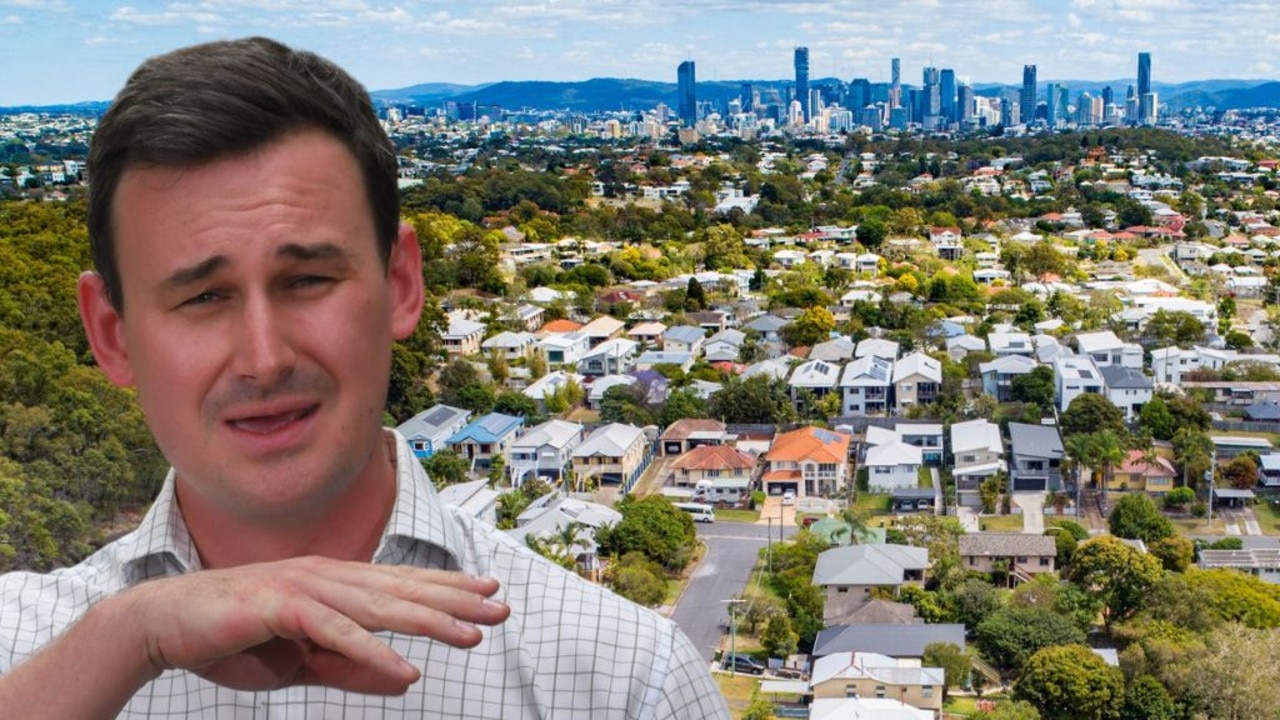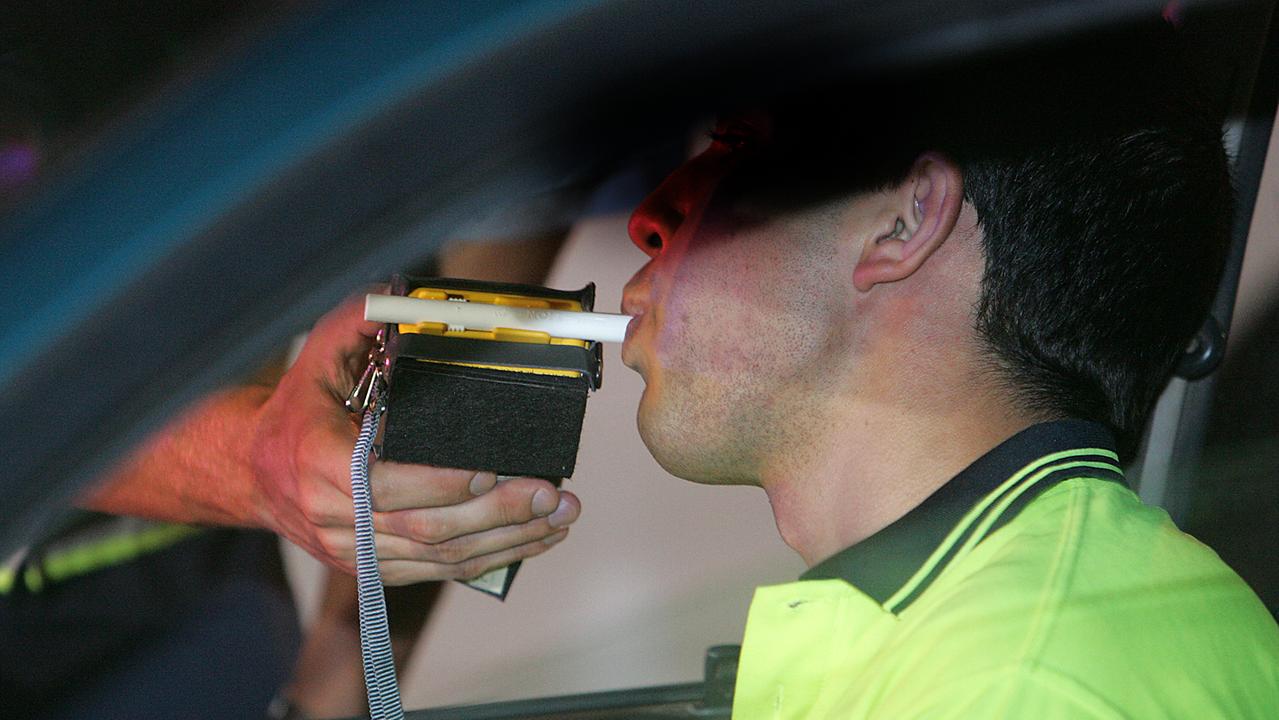Queensland schools: Parents forking out fortune to pay for kids’ education
QUEENSLAND parents are forking out hundreds of thousands of dollars to put their kids through private schools and new data reveals even a “free” government education costs $58,000 per child.
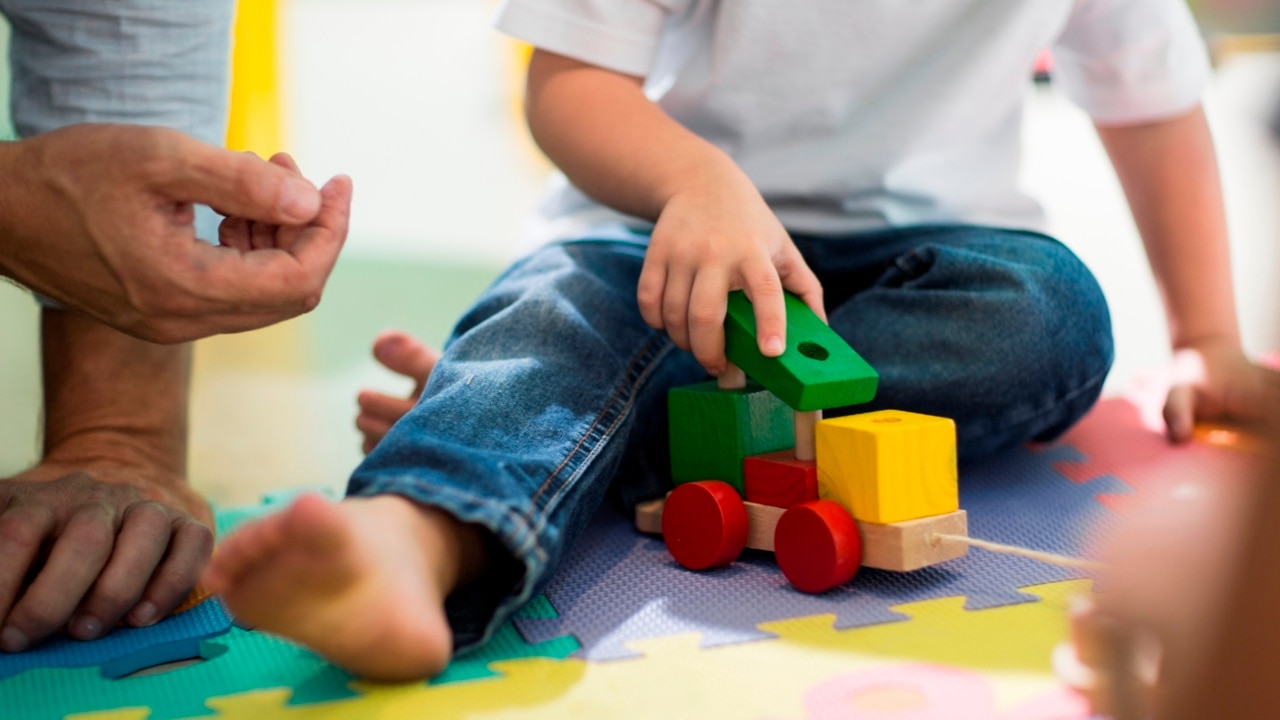
QLD News
Don't miss out on the headlines from QLD News. Followed categories will be added to My News.
QUEENSLAND parents are forking out hundreds of thousands of dollars to put their kids through school and new data reveals even a “free” government education costs $58,000 per child.
Brisbane parents pay more for religious schools than anywhere in Australia and private schools in regional Queensland are also among the most expensive in the country.
SCROLL DOWN FOR THE 2018 FEES FOR BRISBANE’S TOP PRIVATE SCHOOLS
Analysis from education finance planners ASG shows Brisbane private schools are some of the cheapest in the country but shockingly parents are still handing over $368,573 for the education of just one child over the course of their schooling.
ASG Chief Operating Officer Bruce Hawkins said the cost of education has risen at more than double the inflation rate over the past 10 years.
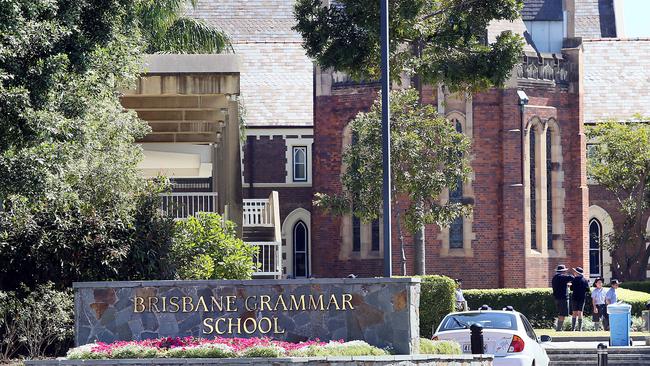
“The cost of education has soared by 61 per cent compared to the average growth rate in wages of 34 per cent,” Mr Hawkins said.
“This means that education costs are demanding a far greater share of the family wallet than in the past, placing more burden on the average family, already challenged by the rising cost of living.”
Metropolitan Queensland parents are forking out $58,352 per child for education at a public school and regional Queenslanders are paying $50,757 on average.
Faith-based education in metropolitan areas costs $251,855 on average and $198,012 in regional areas.
Queensland parents with children at private schools are forking out enormous fees with the parents in both metropolitan and regional areas paying about $368,000 for one child’s education — though still around $100,000 less than the national average.
Mr Hawkins said the costs included the standard school fees but were amplified by the addition of other charges for extra-curricular activities, school sport fees, uniform costs, camps and excursions, book levies and subject levies.
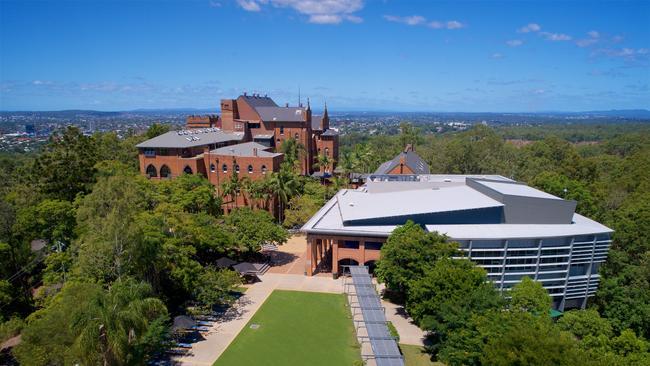
He said the data debunked the “myth” that a public school education was free.
“I think some people would be shocked to know how much a public school education costs,” Mr Hawkins said.
“With the introduction of more technology we’re also seeing the use of iPads and tablets become more common and therefore parents are usually either paying a technology subsidy to the school or buying those items like iPads or laptops.”
P&Cs Queensland Kevan Goodworth said many parents would struggle to pay the high cost of education.
“It’s perhaps not so difficult for the middle class but in working class areas it is a big expense,” he said.
“Unfortunately it doesn’t get any better when they go off to university.”
Mr Goodworth said despite the cost, it was important children had “every chance” to receive a good education.
“Schools do a great deal to allay the expenses to parents,” he said.
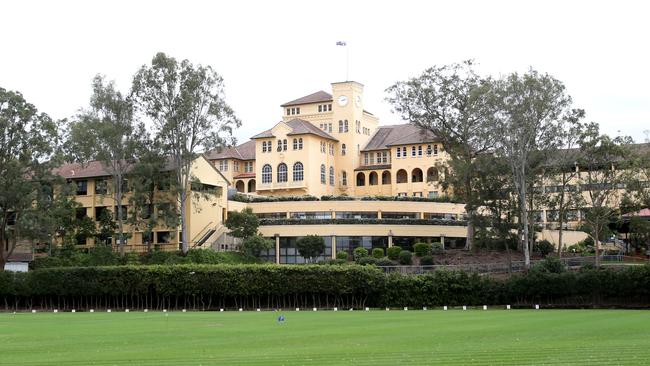
Madonna Stewart, whose 15-year-old son Connor is in Year 10 at Brisbane State High, said she had noticed a jump in costs when he reached high school.
“The costs certainly do go up a little bit when you go to secondary school if your child has extra-curricular activities and subject fees that you don’t find in the primary school scenario,” she said.
Ms Stewart said the costs of buying books and uniforms had increased over the years, but she had planned for the rise.
“I certainly have been over many years well informed of what costs may need to be incurred, so there is a bit of forward planning from my part,” she said.
“I think there is a perception that state schooling is free, but I don’t think anything really is free.”
Queensland Education Minister Grace Grace said the government was working to keep costs down and that principals would always work with families to ensure children weren’t “disadvantaged by financial hardship”.
“For instance, to help Queensland families with the cost of education, the government provides a Textbook and Resource Allowance (TRA) to parents of all full and part-time students,” she said.
“Our goal is to provide the best possible learning environment so that all children in the state school system have the opportunity to reach their potential.”
2018 FEES FOR TOP BRISBANE PRIVATE SCHOOLS (INCLUDES LEVIES)
Brisbane Grammar School: $27,085
Brisbane Boys College: $24,478
Brisbane Girls Grammar School: $24,124
Churchie $23,868
The Southport School $22,695
St Margaret’s Anglican Girls School: $22,536
Somerville House: $22,020 (extras guide plus another $2200 for books/camps/uniforms)
St Aidan’s Anglican Girls School: $21,880
Clayfield College: $19,859.70
St Hilda’s School: $19, 451
Stuartholme: $18,084
Somerset College: $17,204
St Joseph’s Nudgee College: $16,615
St Joseph’s College Gregory Terrace: $15,731
Moreton Bay College $15,605
DECISION TO INVEST IN ‘THE BEST’ FOR YOUR CHILDREN
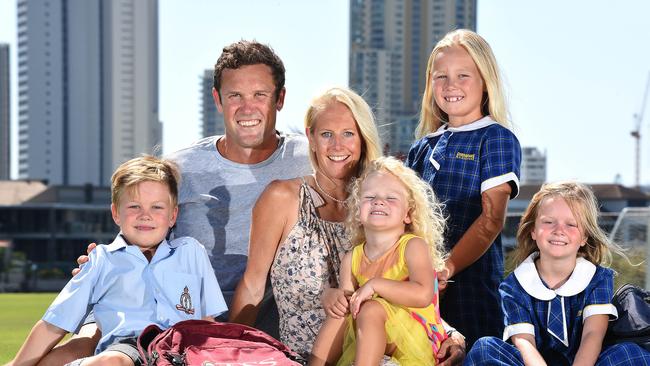
THERE were some serious calculations done by the Hawkins family when deciding where their children would go to school.
The family will soon pay about $500 a week for the first three of their four children to attend private primary schools on the Gold Coast.
That is after a discount for son Mac at The Southport School, where dad Andrew Hawkins is deputy headmaster, and less than what the total bill will be if youngest daughter Harriet joins her sisters at Emmanuel College in a couple of years.
To make it work, the family sold their home, invested the money and uses returns to cover the fees while living on a house on campus.
“What we are paying is equivalent to a mortgage, but you are investing in them and you just hope no matter what they become, they are really good at it,” Mr Hawkins said.
“We don’t expect them to be doctors; we just want them to have good solid jobs and get into the workforce and do well.
“We planned for it ... but then we’ve still ended up going into private schooling earlier than expected.
“We felt we couldn’t say no to the places because we might not get offered a place again.
“It’s not easy — we can just afford it and we are lucky to be in a house on campus, but we sacrifice everything else to make it work, really.”
Mr Hawkins said the family also considered the work-home-school “triangle” when choosing schools to make sure they would not spend too much time in the car between pick-ups and drop-offs.
“The thing about Gold Coast is we are really blessed with lots of good schools. It’s really competitive,” he said.

